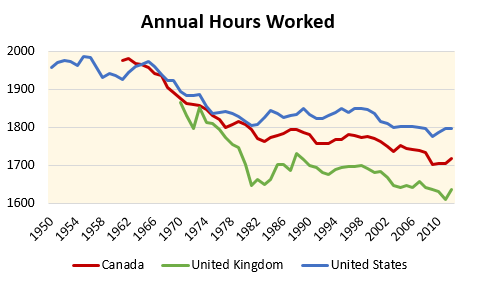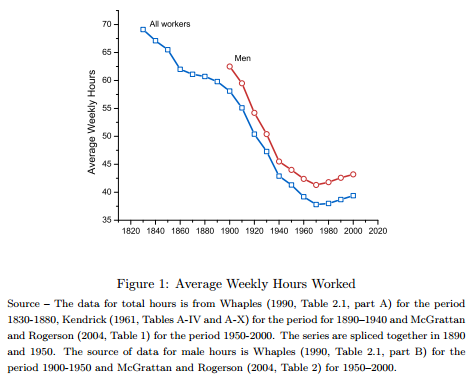Efficiency is formidable. It rears its head most everywhere. Witness the tyranny of the target at more and more workplaces: from more greets per hour to more exam points per teacher. At the same time, efficiency also nurtures increasing tyrannies at home: get fit in 12 minutes per day instead of 15…but don’t waste those 3 saved minutes, other efficiencies await!
The ruthless search for efficiencies is everywhere, whether in reality or in slogans, corporate reports or government policies. When, for example, workers are fired or fossil fuel pipelines are planned in the name of efficiency, we want to question the cold calculations behind these decisions. On the other hand, it’s hard to disagree with efficiency. Try it at home. Walk to the kitchen via the bathroom. Use a ladder, a long stick, tongs and some string to get snacks out of the fridge. Efficiency follows us everywhere whether we like it or not: from a diagonal path across a green space to the l8st txting app.
Due to this omnipresence, efficiency is easily conflated with other categories – the drive for profit for instance. (This is no straw man: I’ve had conversations recently where such conflations have come up; overall, I think they are not marginal, albeit often implicit.) This kind of conflation works in two ways. It naturalizes profit-seeking as a simple and inevitable human aim, while making arguments against profit-seeking difficult because increasing efficiency appears to be a no-brainer.

